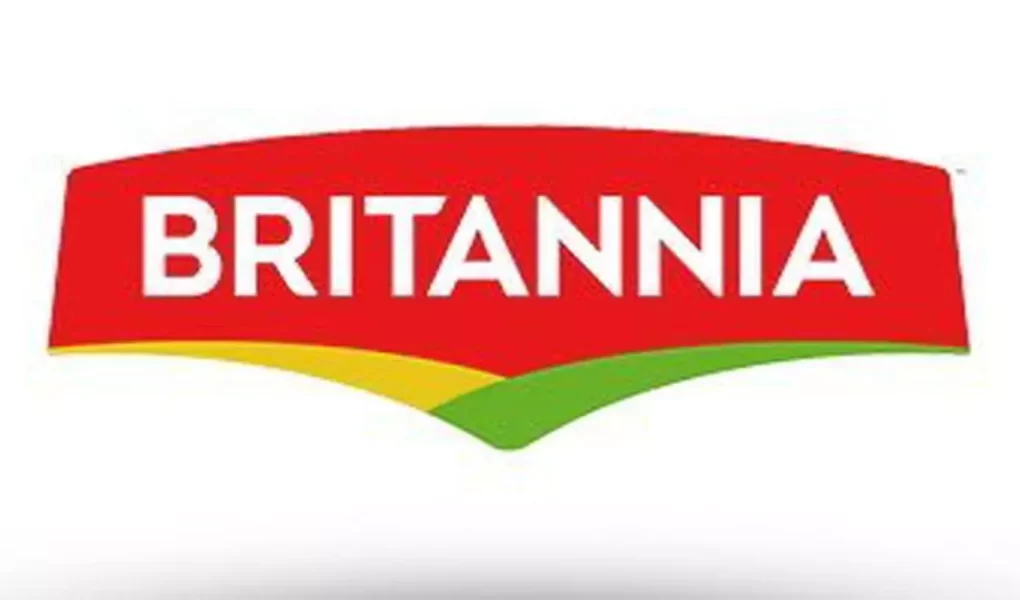When it comes to the Indian FMCG sector, Nestle India Share Price and Britannia have often been compared for their long-term growth and investor confidence. While both companies have strong fundamentals, their performance trajectories have diverged over the years. Investors often contrast these two stalwarts while also keeping an eye on high-volatility counters like Suzlon Share Price, highlighting the value of consistency in consumer staples.
Brand Power and Product Portfolios
Nestle India and Britannia are household names, but their core product segments differ. Nestle dominates the instant food, dairy, and beverages market with brands like Maggi, Nescafé, and Milkmaid. Britannia, meanwhile, leads in baked goods—particularly biscuits—and is expanding into dairy and snacks. Nestle’s more diversified portfolio, especially in urban consumption categories, gives it an edge in brand loyalty and pricing power.
Historical Share Price Trends
Over the past decade, Nestle India has shown consistent upward movement, supported by strong revenue growth, strategic innovation, and a focus on premiumisation. Its share price has steadily appreciated, rewarding long-term investors with compounding returns and dividends.
Britannia has also delivered impressive growth, especially post-2014 when it revamped its strategy and improved margins. However, Nestle’s recovery post-Maggi crisis and its superior brand ecosystem helped it regain leadership in terms of market capitalization and investor confidence.
Financial Metrics Comparison
Nestle India boasts higher operating margins and return on capital employed (ROCE), reflecting efficient operations and strong pricing power. Britannia has narrowed the gap over the years, but Nestle continues to outperform on key metrics like net profit margins and cash flow generation.
Dividend payout is another area where Nestle takes the lead, making it more attractive to conservative investors. Britannia, while not far behind, maintains a slightly more growth-oriented capital allocation strategy.
Market Positioning and Strategy
Nestle focuses more on premium urban consumers and health-focused innovation, while Britannia caters to both rural and urban markets with value-for-money offerings. Nestle’s sustained investments in R&D, distribution, and digital engagement have strengthened its long-term growth outlook.
Britannia has been expanding aggressively in rural areas and has introduced new categories like cheese and croissants. However, Nestle’s ability to launch high-margin products and command premium pricing gives it a strategic advantage in shareholder returns.
Risk and Volatility
Both stocks are considered relatively low-risk, but Nestle India has historically demonstrated lower volatility. During market corrections, Nestle often holds up better due to its defensive nature, as highlighted in previous bear markets.
Conclusion
While both Nestle India and Britannia are strong contenders in the FMCG space, Nestle India Share Price has shown more consistent and resilient growth over the long term. Its premium positioning, superior financials, and lower volatility make it a preferred choice for long-term investors. In comparison, Britannia offers a slightly more aggressive growth profile. Meanwhile, cyclical stocks like Suzlon Share Price may deliver bursts of gains but lack the stability these FMCG giants offer.




